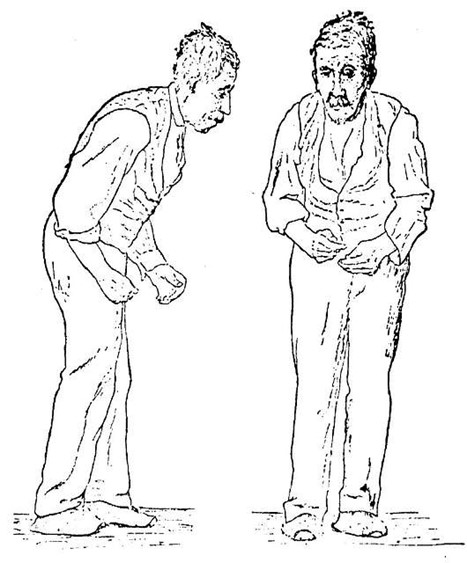The Link Between Folic Acid Deficiency and Depression
In today’s fast-paced world, mental health issues like depression have become increasingly prevalent. While there are various factors that contribute to depression, one often overlooked aspect is the role of essential nutrients in our overall mental well-being. Folic acid, a B-vitamin crucial for many bodily functions, has been found to play a significant role in mental health. In this blog post, we will explore the connection between folic acid deficiency and depression and discuss how adequate folic acid intake can positively impact our mental well-being.
Understanding Folic Acid:
Folic acid, also known as folate or vitamin B9, is an essential nutrient required for numerous physiological processes in our body. It is particularly crucial during periods of rapid cell growth, such as pregnancy and infancy. Folate aids in:
- DNA synthesis
- red blood cell formation
- production of certain neurotransmitters in the brain that regulate mood and emotions
The Impact of Folic Acid Deficiency:
A deficiency in folic acid can lead to various health complications, one of which is an increased risk of depression. Research has shown that low levels of folate in the body can affect the production and metabolism of important neurotransmitters like:
- serotonin
- dopamine
- norepinephrine
which are involved in regulating mood and emotions. Insufficient levels of these neurotransmitters can result in an imbalance that contributes to the development or worsening of depressive symptoms.
The Role of Folic Acid in Mental Health:
Several studies have explored the relationship between folic acid and depression, providing evidence of the vitamin’s positive impact on mental health. Folic acid supplementation has been shown to improve treatment outcomes in individuals with depression, especially when used in conjunction with antidepressant medications. Furthermore, researchers have found a link between low folate levels and poor response to antidepressant treatment.
Folic Acid Sources and Recommended Intake:
Including folic acid-rich foods in your diet is crucial for maintaining optimal mental health.
- leafy green vegetables
- legumes
- citrus fruits
- fortified cereals
- grains
are excellent sources of folate. However, in some cases, dietary intake alone may not be sufficient to meet the recommended levels, particularly for pregnant women and those with certain medical conditions. In such instances, folic acid supplements may be recommended under medical supervision.
Consulting a Healthcare Professional:
If you suspect you may have a folic acid deficiency or are experiencing symptoms of depression, it is essential to consult a healthcare professional. They can perform a thorough evaluation, order relevant tests, and provide appropriate recommendations tailored to your specific needs. It is crucial to avoid self-diagnosis and self-medication, as each individual’s requirements may vary.
Click here to see the full scientific article from MedicineNet.
Remember, a holistic approach to mental health, encompassing nutrition, exercise, therapy, and professional guidance, is essential for overall well-being. In such scenarios, considering the utilization of supplements from Asher Longevity Institute can significantly enhance your body’s overall health.




